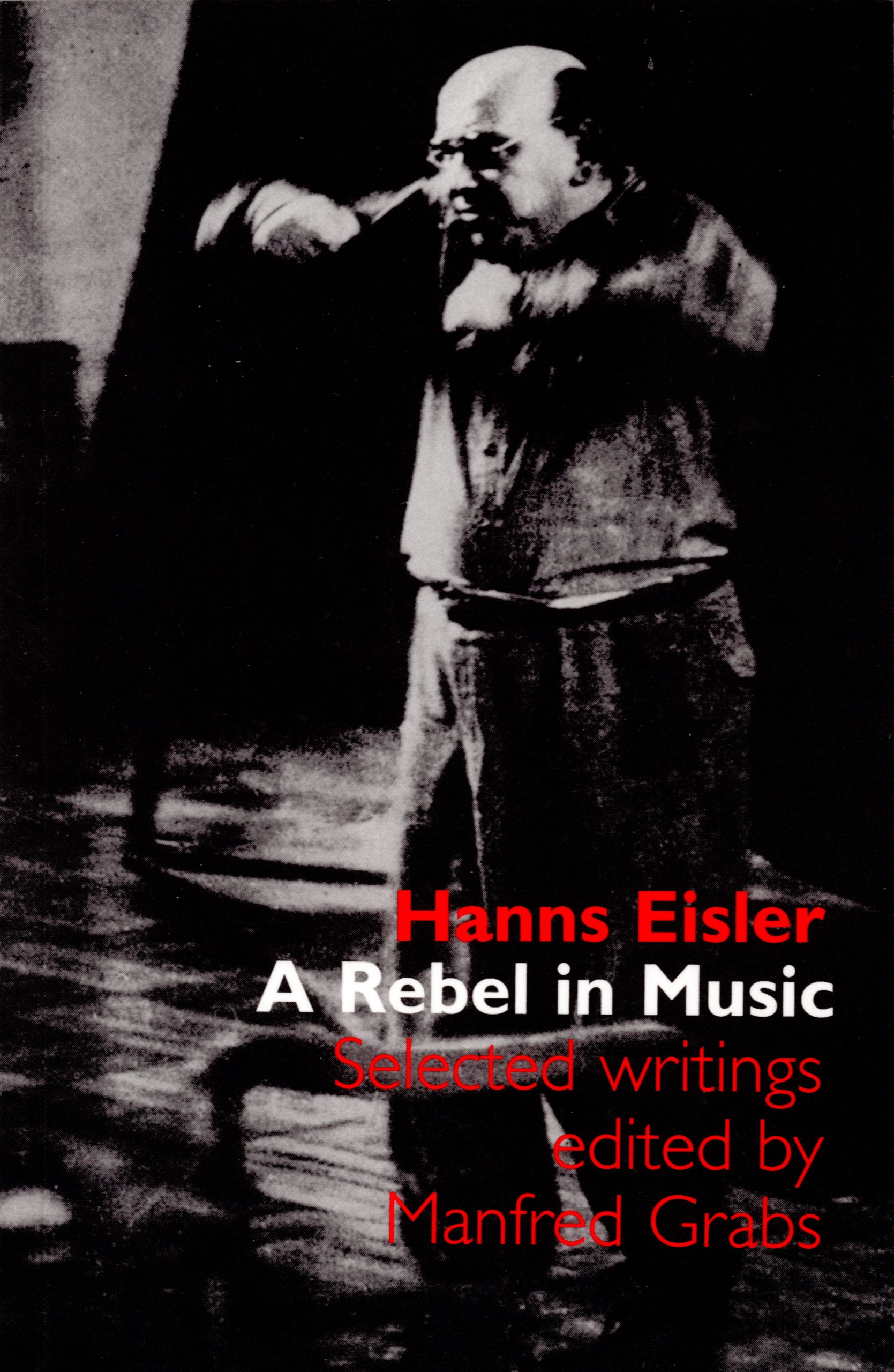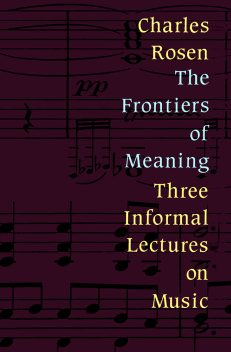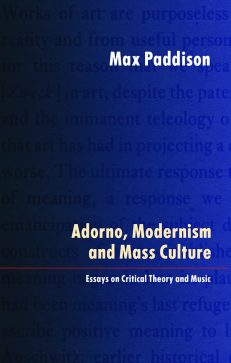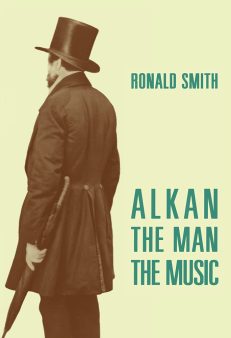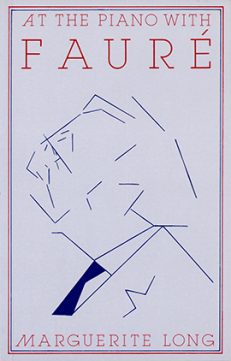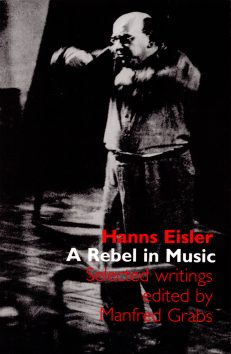Description
For Hanns Eisler the written word was very important and people paid tribute to his mind, quickness of thought, wit and breadth of cultural knowledge.
Everything Eisler wrote or said was based on the premise that music could and should play a crucial role in creating better society and future for mankind.
Contents
Preface by David Blake
Introduction by Manfred Grabs
Editor’s Note
Essays by Hanns Eisler:
On Old and New Music
Satirical Aphorisms
On the Situation in Modern Music
Progress in the Workers’ Music Movement
The Builders of a New Music Culture
Our Revolutionary Music
Blast-Furnace Music
Music for Workers’ Orchestras
Address to a Solidarity Concert
Letter to Ernst Hermann Meyer
On Schönberg
The Birth of the Worker’s Song
A Musical Journey through America
Problems of Working-Class Music
Hollywood Seen from the Left
Some Remarks on the Situation of the Modern Composer
The Crisis in Music
From My Practical Work
Letter to Bertolt Brecht
On a Concert for the International Brigade in Spain
Labor, Labor Movement and Music
Fantasia in G-men
Basic Social Questions of Modern Music
Thoughts on the Anniversary of Beethoven’s Death
Bertolt Brecht and Music
On Good Listening
Song Born to Struggle
I Once Knew a Headwaiter
On Stupidity in Music
America’s War of Independence – Indirect Aggression
Schweik and German Militarism
Thoughts on Form and Content
Chronology
About the Author
Hanns Eisler was born in Leipzig in 1898, the son of the Austrian philosopher Rudolph Eisler, and grew up in Vienna. He received instruction in composition from Arnold Schönberg and Anton Webern and developed his own style breaking with the restrictions of traditional music genres. Composing for films, he formed a life-long collaboration with Bertolt Brecht. After stays in Paris, London, Moscow, Prague, Eisler lived in New York, where he taught at the New School for Social Research. In Hollywood, Eisler continued his collaboration and in 1948, when he was expelled from the United States under the HUAC investigations, he was honoured at a farewell concert by prominent American colleagues including Bernstein and Copland. Eisler moved back to Germany and settled in East Berlin where he died in East Berlin in1962. Professor David Blake was a founder member of the Department of Music at the University of York and studied composition under Hanns Eisler.
Reviews
This is a valuable collection of Eisler’s articles, speeches and lectures on the state of music and the role of the musician in society … there is a lot of thought-provoking material.

